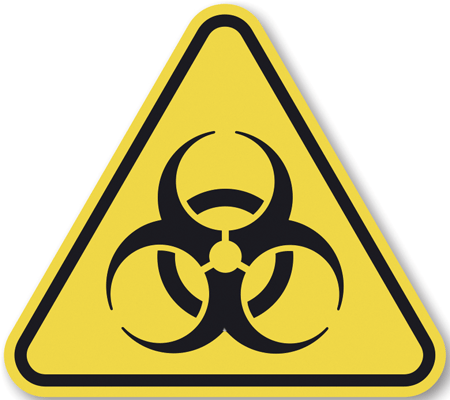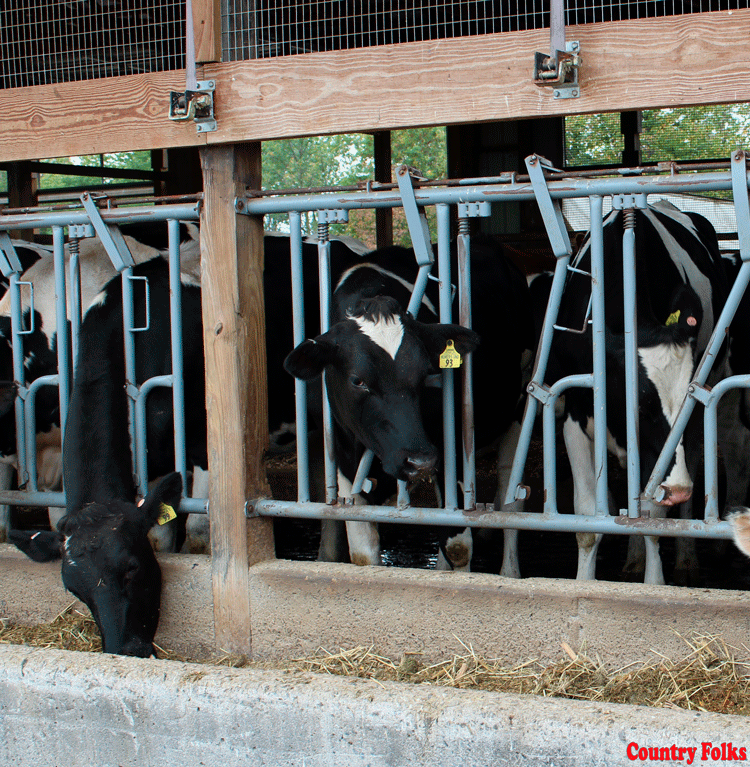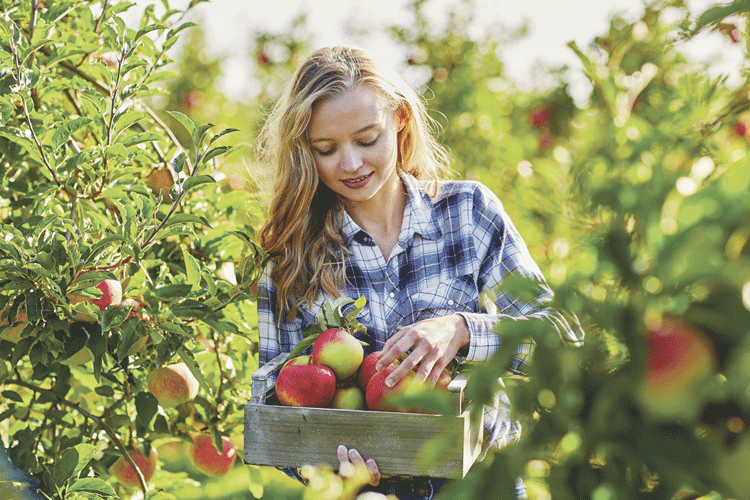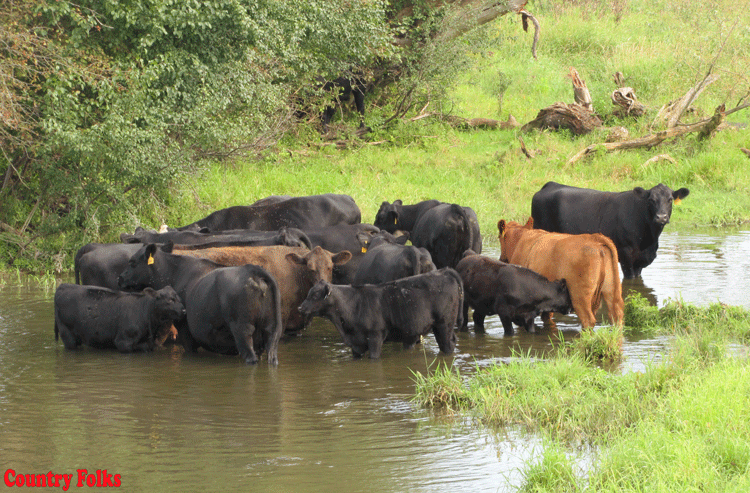 by Sanne Kure-Jensen
by Sanne Kure-Jensen
Farm visits can be life-changing experiences for families and students. By taking a few important steps around safety on the farm, farmers can help ensure that these are successful experiences for everyone. At a recent ABCs of Farm-Based Education Workshop at Shelburne Farms in Shelburne, VT, 20 farmers, farm educators and food service professionals shared what they do to improve farms safety for visitors.
Set realistic expectations
Your availability: When setting up farm visits, let visitors know if you will be busy harvesting or doing other farm chores. If visitors will need supervision, schedule a tour when you can give them your undivided attention.
Weather: Remind visitors to dress for the weather. Boots or old shoes are best for walking in muddy fields or among animals. Dressing in layers helps when the spring sun ducks behind the clouds or chilly winds kick up. Plan a backup activity in case the weather turns. No one will have fun harvesting vegetables in the rain.
Guidelines and Policies: In a letter, phone call or permission slip, let visitors know ahead of time what your farm offers, what activities they may be a part of and what you expect from them.
Health/Liability Forms: When children will be on the farm in your care, get a completed health/liability form with important information about the child including allergies, permission to administer Benadryl in case of allergic reaction, photo permission, release of liability, etc. See sample permission forms and waivers at http://bit.ly/FarmPermissionSlip.
Safety
“Safety first!” should be everyone’s rule. Always be alert for ways to improve farm safety. Do a walk-through of your farm the week before visitors arrive to spot any last minute improvements or safety concerns. You may clean up fallen fruit in your orchard to reduce exposure to rodents or hang a yellow jacket trap to reduce the risk of insect stings. To prevent burns, rope off your wood stove or sugaring evaporator. Design paths with gentle slopes and go another way if they are muddy or slippery.
Store all nuisance equipment together and away from public areas. This includes tractors, tools with sharp edges, ladders, hoses, etc. Remove keys from tractors and vehicles. Chock wagons and equipment wheels.
Have a life raft at your manure lagoon.
Animals
Set guidelines for visitor behavior around farm animals, e.g., “Walk; don’t run,” “Use quiet voices,” or “Don’t chase the chickens.” If visitors will be feeding animals, be sure they use only animal feed. Reinforce your message with signs (images, not just text), like “No people food for animals.”
Keep dogs and other farm pets indoors during visiting hours. Do not allow visitors’ pets (except for service animals).
Isolate sick farm animals. Consider culling aggressive or male animals (if not being used for breeding) or keep them away from public areas.
Fence in all animals. Sign electric fences (with images, not just text) and explain why you use them.
Follow humane practices to dehorn animals as appropriate for staff and visitor safety. Explain to visitors why you follow this practice.
When visitors come from other farms, practice biosecurity protocols to minimize risk of disease or pests. Wear plastic over booties when entering barn or near animals or wash boots with sanitizer. Carefully consider risks of sharing tools or machinery between farms. Wash and sanitize everything upon return.
Germs
All animals and farms, including healthy ones, can carry bacteria that may affect young, pregnant, old or immune-compromised visitors. Research is mixed on the effectiveness of hand sanitizers. To be safe, the Vermont Department of Health recommends that visitors wash their hands with soup and water and use a paper towel to dry them. Use signage to remind visitors of the importance of thorough hand washing. Most state health departments offer posters.
Shelburne Farms has signs reminding visitors of the importance of hand washing hung throughout the Children’s farmyard saying “Stay Healthy, Have Fun! Please wash your hands after visiting the animals and before consuming food. Thank you.” If possible, supervise children to be sure they do a good job washing their hands.
Discourage people from drinking from hoses that may have been dragged near animal manure. Visitors may not know to flush hoses or to keep their mouths off the nozzle.
Food safety
Place reminder signs about hand washing as visitors leave animal areas and near picnic areas. Choose a picnic area that is well away from animals.
First aid
Every farm vehicle, building and classroom should have a well-equipped first aid kit. Care a portable kit when walking around with visitors. Be sure all staff receive basic first aid training and renew it annually.
Be sure all buildings and vehicles have this equipment:
• First aid kit (check supplies often and replenish as needed)
• Cell phone or radio (everyone on the farm should always carry one)
• Fire extinguisher (check charge regularly)
• Trash can (empty regularly to reduce pests and insects)
Emergency procedures
Develop thorough plans for various emergency scenarios and train all staff to follow the protocols. Review often and update as needed. Scenarios may include:
• Emergencies
• Loose animals
• Missing people
• Severe weather, high winds, thunderstorms, hail, blizzards, etc.
Risk Management
The National Outdoor Leadership School (NOLS at www.nols.edu) offers a full farm assessment at one third to half the cost of private consultants. They will review all farm operations and will suggest facility and procedure improvements.
Insurance Coverage
Be up front with your agent, discuss every planned farm activity and buy the best coverage you can afford. If you cannot afford the liability coverage for a particular activity, drop the activity. Do not risk the farm!
A liquor liability policy will be necessary for wedding or special events hosts. These policies can be purchased for a day, weekend or season. Staff should have TIPS Training (Training for Intervention Procedures) to identify people who have had too much to drink and handle them effectively.
Farm-Based Education
Shelburne Farms offers a three-day ABCs of Farm-Based Education Workshop in March and October each year. Beginning and experienced farm educators learn new program ideas, network and share resources and activities. Shelburne Farms’ farmyard, dairy, market gardens and sugarbush offer a rich campus to cultivate awareness and appreciation of agriculture and natural resources. Topics include creating a safe farm environment for visitors, developing and marketing farm programs to schools and the community and meeting teachers’ needs.
The backbone for this workshop is the farm’s educational handbook called Project Seasons, a collection of kid-tested teaching ideas developed by teachers and agriculture educators and a new publication called Cultivating Joy and Wonder: Project Seasons for Young Learners, which is currently in print production.










Leave A Comment